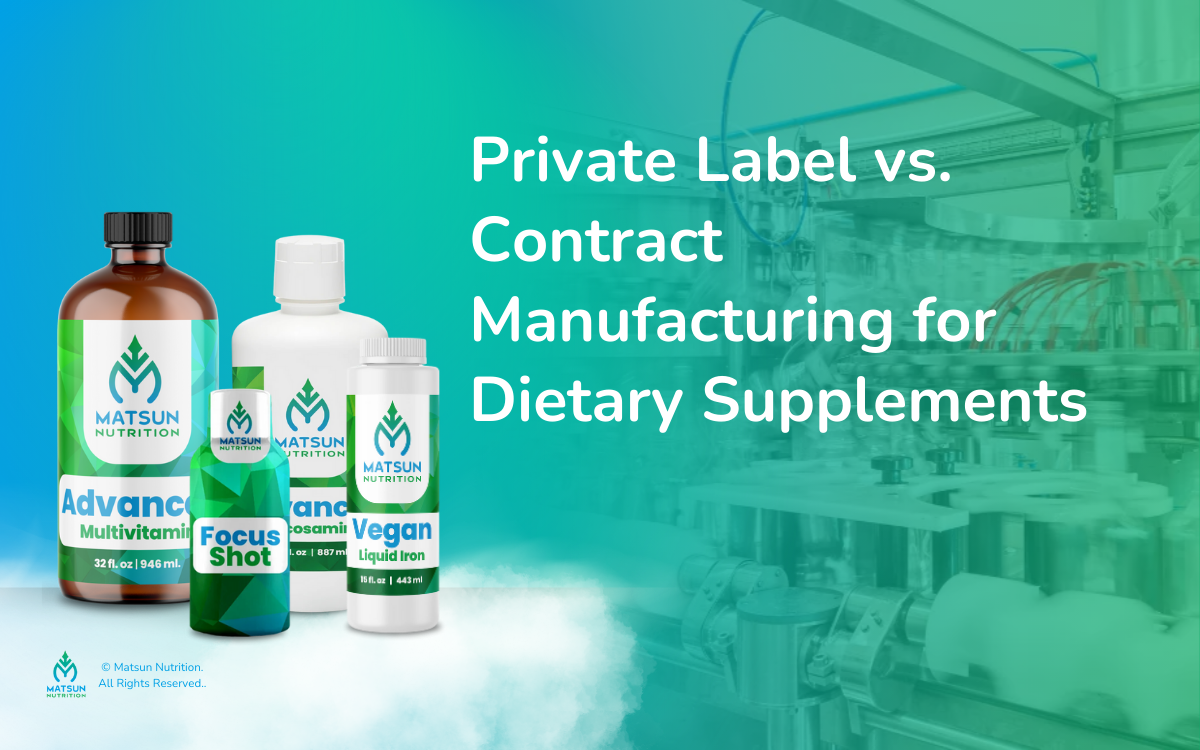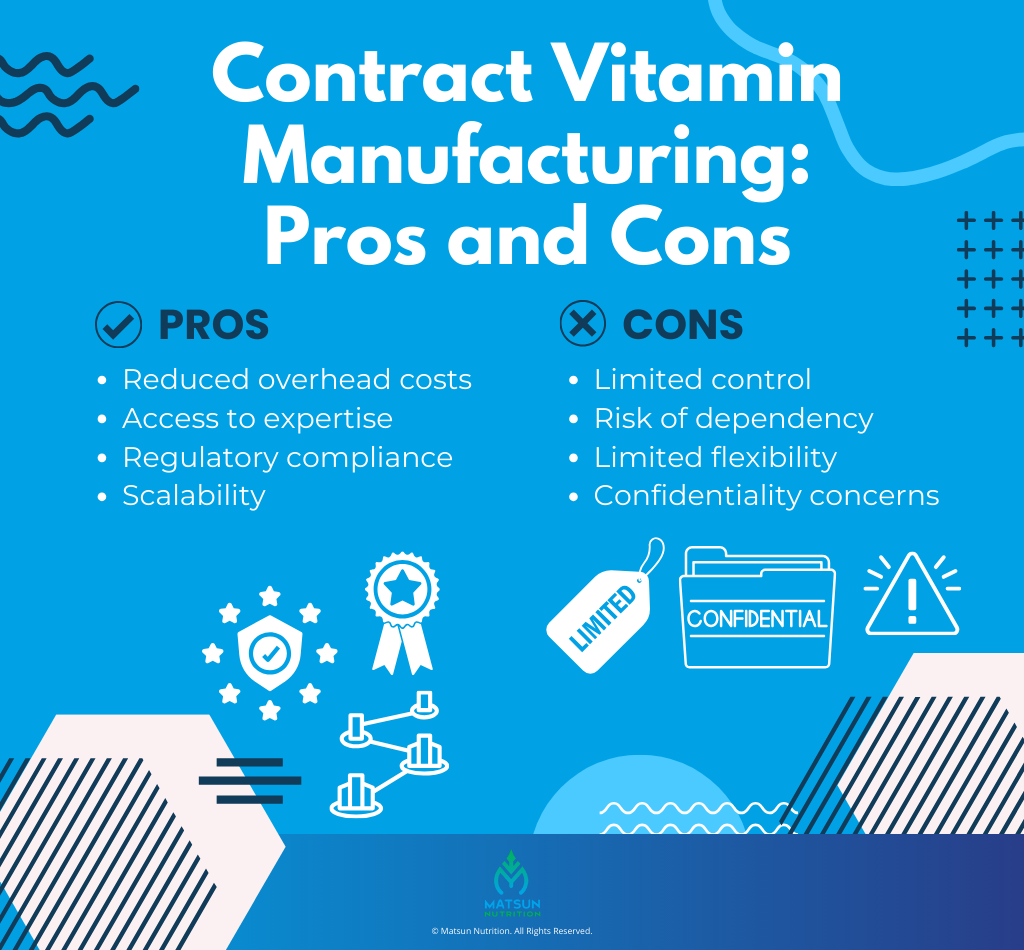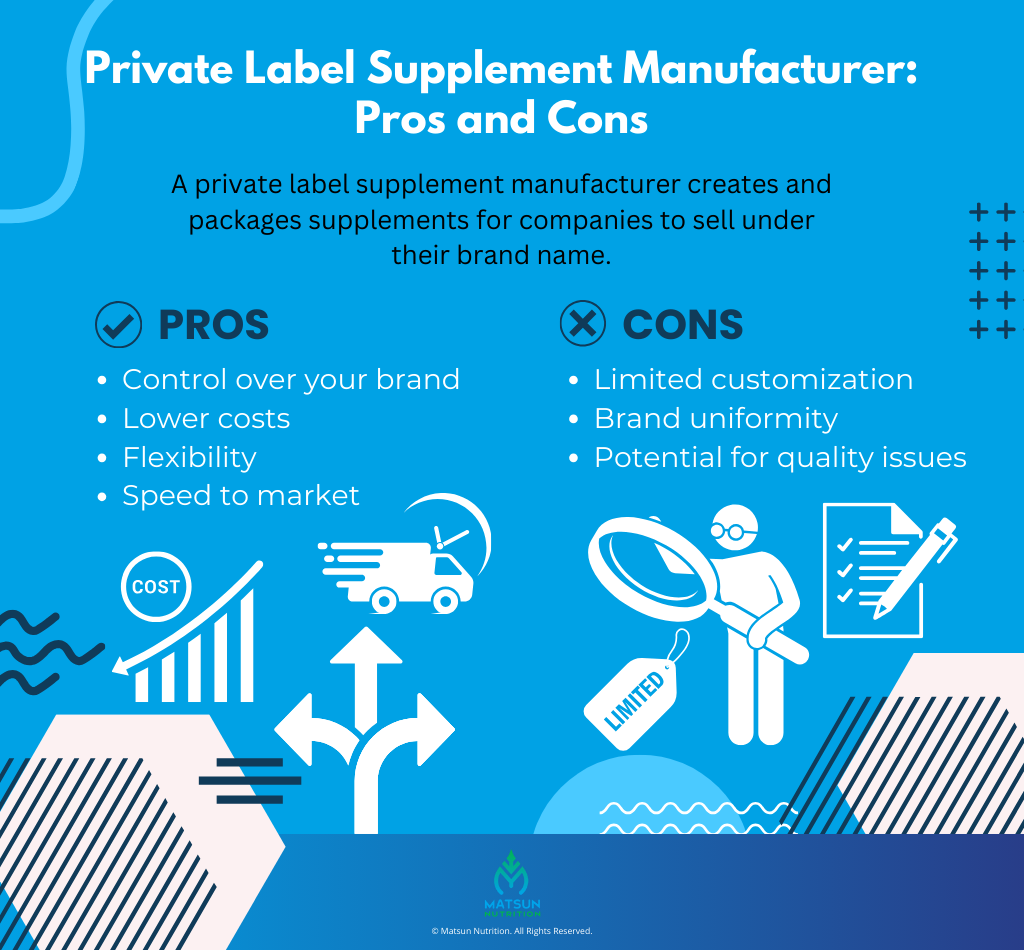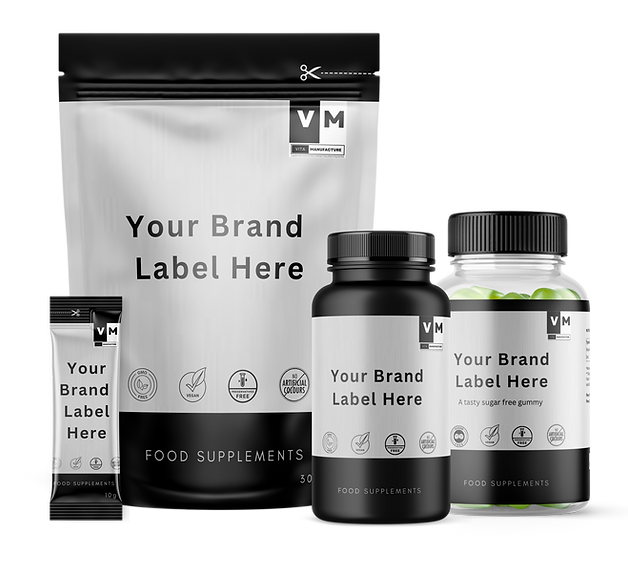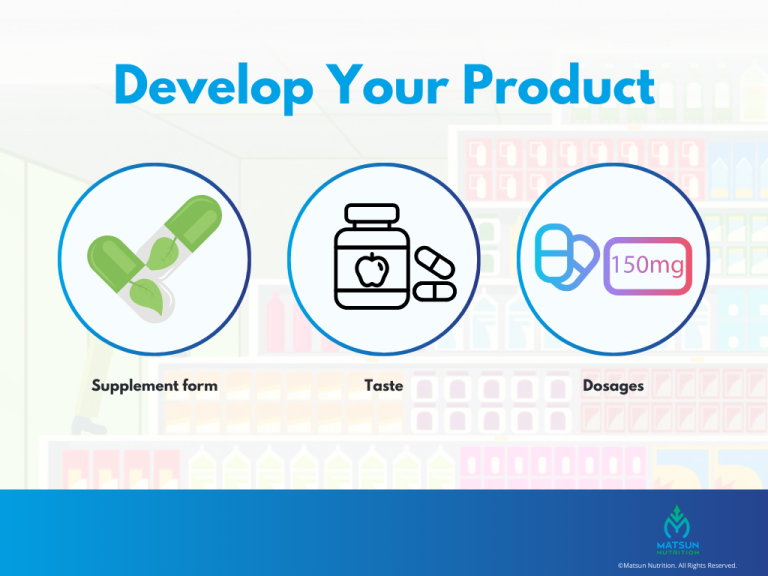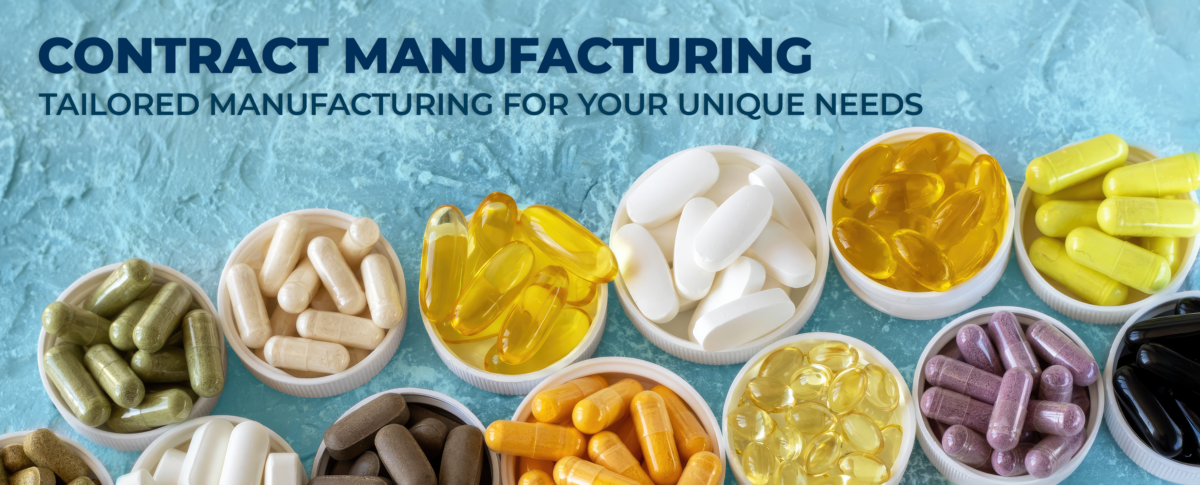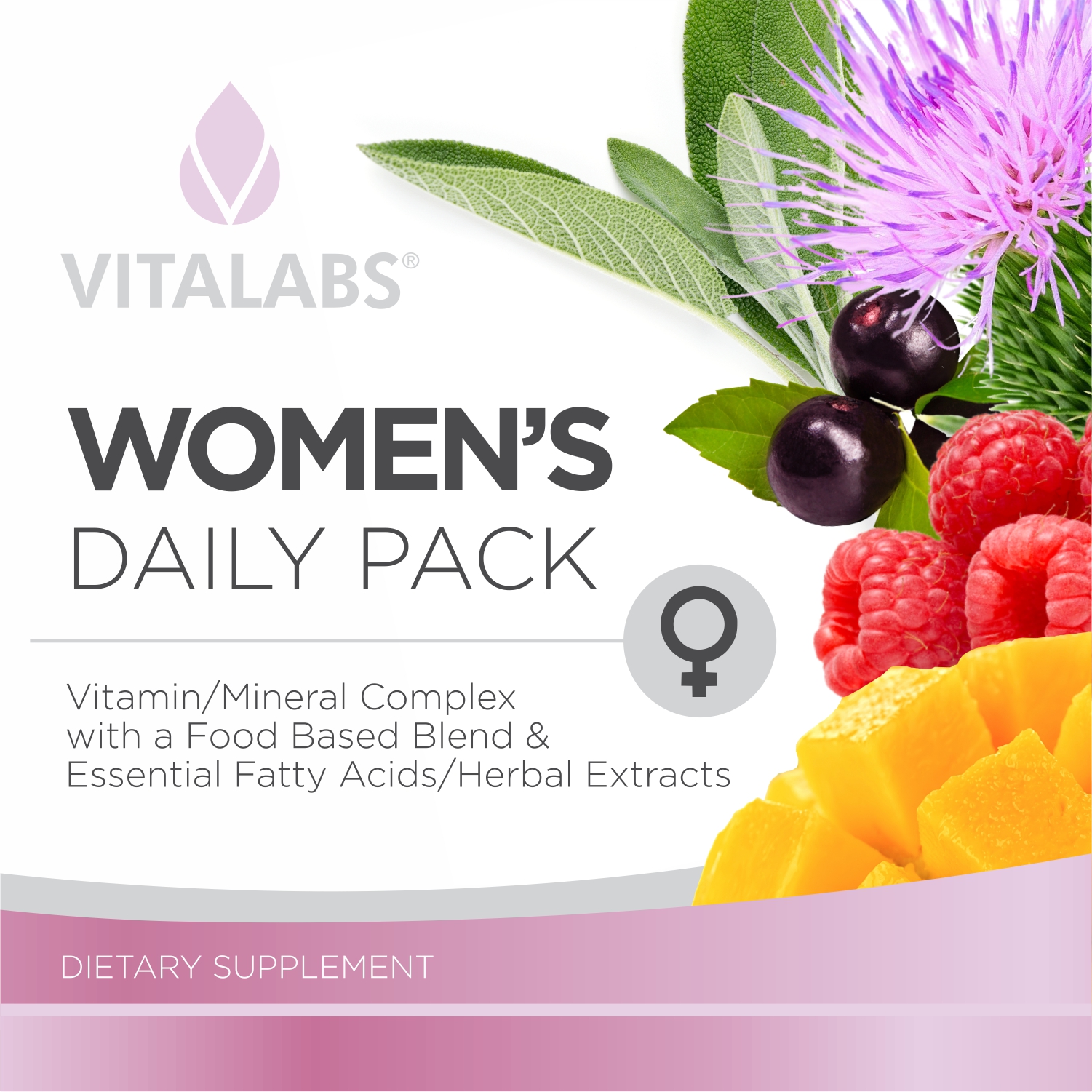Private Labeling Vs Contracting Cdmo Vitamin Supplements
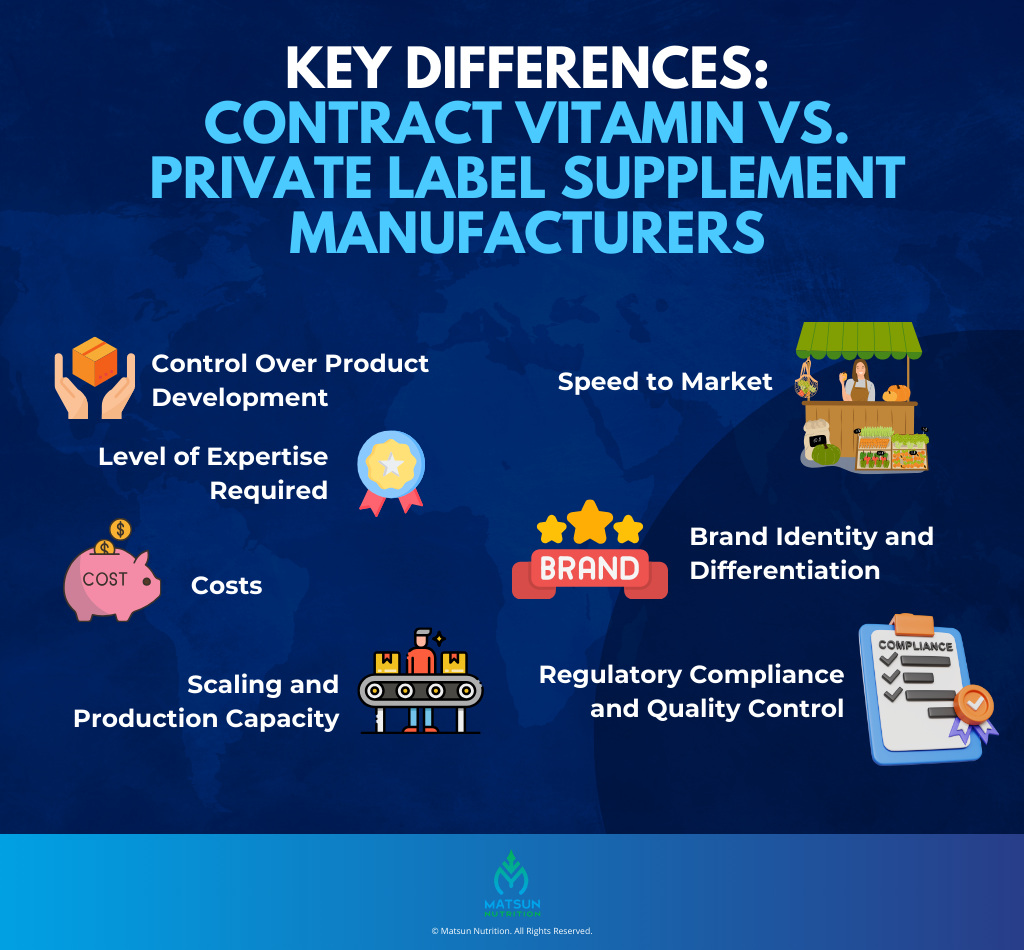
Urgent action is needed as vitamin supplement companies face a critical decision: private labeling versus contracting with a CDMO. Choosing the wrong path could lead to significant financial and operational repercussions.
This article dissects the core differences, advantages, and disadvantages of each approach, providing businesses with essential information to navigate this crucial juncture. Understand the landscape to secure your market position and optimize resource allocation.
Understanding the Core Differences
Private labeling involves purchasing pre-made, generic vitamin supplements from a manufacturer and rebranding them under your own label. Essentially, you're buying a finished product and focusing solely on marketing and sales.
In contrast, contracting with a CDMO (Contract Development and Manufacturing Organization) means outsourcing the entire process, from formulation and development to manufacturing and packaging. You retain control over the product's specifications, but rely on the CDMO's expertise and resources.
Cost Implications: Private Labeling
Initial costs for private labeling are typically lower. You avoid the expenses associated with research, development, and specialized equipment.
However, margins may be smaller due to limited product differentiation and increased competition. You are essentially reselling a commodity.
Cost Implications: CDMO Contracting
CDMOs involve a higher upfront investment. This covers formulation, testing, and manufacturing setup.
Long-term, CDMO partnerships can lead to better cost control. Custom formulations can justify premium pricing, increase profitability and build brand loyalty.
Control and Customization
Private labeling offers minimal control over product formulation. You're restricted to the manufacturer's existing offerings.
CDMOs provide complete control over the product's ingredients, dosage, and delivery method. This allows for innovation and tailored solutions to meet specific market demands.
For instance, a company targeting athletes might work with a CDMO to develop a custom blend of vitamins and minerals optimized for performance and recovery. This is impossible with private labeling.
Quality Assurance and Compliance
With private labeling, you rely on the manufacturer's quality control processes. Due diligence is crucial to ensure compliance with regulations.
CDMOs, especially those with certifications like NSF International or USP, offer robust quality assurance programs. They handle regulatory compliance, reducing your risk of recalls and legal issues.
Time to Market
Private labeling offers a faster route to market. Products are readily available, allowing for immediate rebranding and launch.
CDMO partnerships require more time for development and manufacturing. However, the resulting differentiated product can create a significant competitive advantage.
Brand Building and Differentiation
Private labeling can be challenging for brand building. Difficulty creating unique selling points around generic products can make it difficult to build a strong brand reputation.
CDMOs enable companies to create truly unique products that align with their brand identity. This allows for stronger brand recognition and customer loyalty.
For example, a brand focused on sustainability could partner with a CDMO to develop eco-friendly packaging and ethically sourced ingredients, reinforcing its brand values.
Market Trends and Analysis
According to a report by Grand View Research, the global dietary supplements market is expected to reach $230.73 billion by 2027. This highlights the growing demand for vitamin supplements and the increasing competition within the industry.
Data suggests consumers are increasingly seeking personalized nutrition solutions, giving CDMOs a distinct edge. Custom formulations that cater to specific needs are increasingly in demand.
“The trend towards personalized nutrition is undeniable,” says Dr. Emily Carter, a nutritional consultant. “Companies that can offer tailored solutions will be best positioned for long-term success."
Making the Right Choice
The decision between private labeling and CDMO contracting depends on a company's specific goals and resources.
Private labeling is suitable for businesses seeking a quick entry into the market with limited capital. CDMOs are better suited for companies looking to build a sustainable brand with differentiated products.
Consider the following factors: Budget, desired level of control, time to market, and long-term brand strategy. Each of these factors will influence your company's success.
Next Steps and Ongoing Developments
Companies should conduct thorough due diligence on potential manufacturers or CDMO partners. Verify certifications, review quality control processes, and assess their track record.
Stay informed about evolving regulations and industry best practices. The FDA regularly updates guidelines for dietary supplements, so compliance is essential.
The vitamin supplement market is dynamic, so continuous monitoring and adaptation are crucial. Be ready to adjust your strategy based on market trends and consumer demand, to ensure long-term success.

